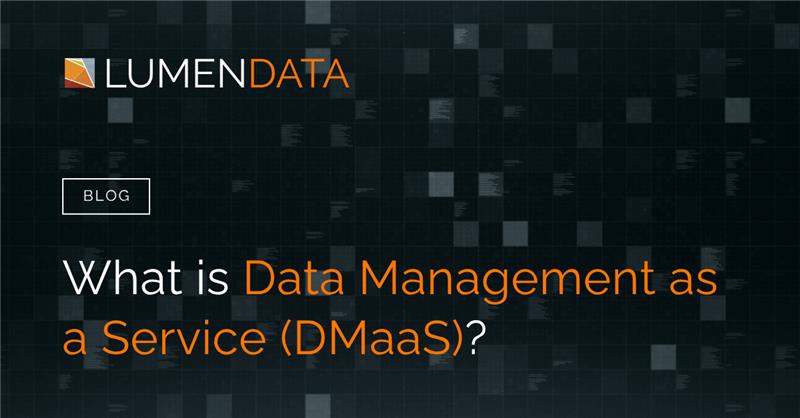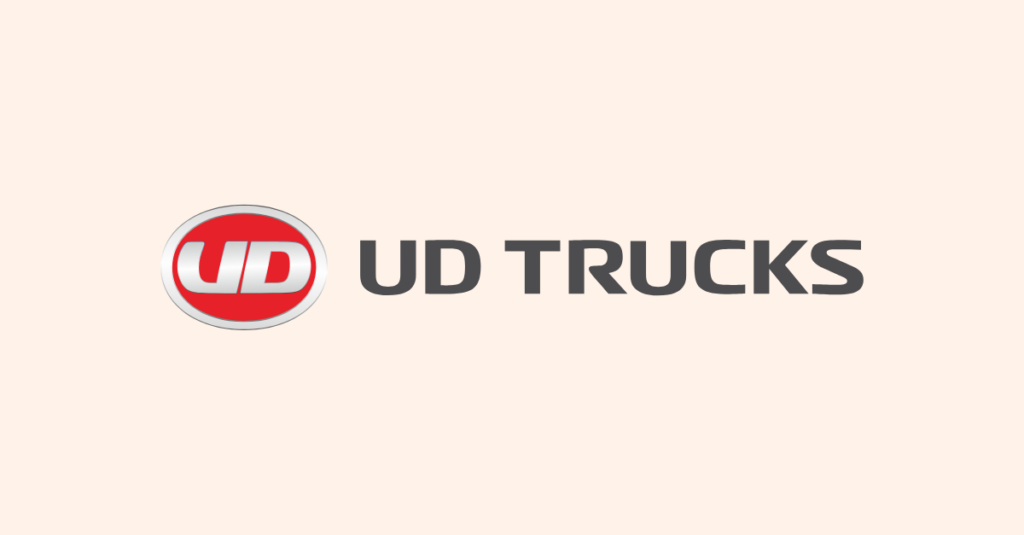Share this on:
What You'll Learn
Data is your most valuable asset but are you managing it well? If you are still juggling scattered, outdated, and resource-intensive data systems, you might be behind in the enterprise transformation race. And that’s exactly why you need Data Management as a Service (DMaaS). This blog will provide you with a quick overview of what DMaaS means and why it matters for your organization. Read on.
DMaaS Meaning
DMaaS is a cloud-based solution that helps you manage, protect, govern, and analyze your data. All of this is done through a fully managed, scalable service model. This model eliminates the cost and complexity of your on-premises systems and delivers faster data access, stronger data governance, and built-in disaster recovery. DMaaS basically centralizes and automates how you manage your data.
Few reasons you might want to implement Data Management as a Service for your enterprise:
- Data silos across your business units and systems.
- Rising data infrastructure and staffing costs.
- Irregular security and compliance practices.
- No backup and recovery in case of data loss.
- Very limited visibility into data quality and data access.
Please note that these are just a few of the many challenges that data management as a service can solve for you.
Put simply, DMaaS means that instead of buying hardware, deploying software, and building internal expertise, you subscribe to a managed service that handles various data management tasks for you. These tasks could be data ingestion and integration, secure storage and access controls, real-time backup and disaster recovery, metadata management and governance, data quality, data cataloging, and data lineage, and even analytics enablement and AI readiness.
How DMaaS works: Key components
1. Unified data onboarding
Data management as a service ingests data from sources such as on-prem systems, IoT devices using agents and connectors. All data is automatically validated, transformed, and enriched. With this, DMaaS enables data format standardization and metadata enrichment right at the data entry point. Also, when all the sources are integrated, businesses can reduce ETL overhead and get faster access to trustworthy data.
2. Cloud-native storage architecture
With DMaaS, data is stored in an elastic, multi-cloud architecture that’s optimized for performance and cost. DMaaS platforms typically offer frequently accessed, periodically accessed, and archival storage tiers that can shift data between them based on access patterns. This tiering capability will ensure that there’s quick retrieval of critical data and reduced storage costs. The underlying infrastructure is designed for massive parallel processing and automatic scaling.
3. Built-in data quality
High-quality data is gold to businesses and DMaaS delivers this embedded data quality management. As your data flows through the system, it is continuously profiled for completeness, consistency, and conformity. There are automated data quality rules to identify duplicates, detect outliers, and correct formatting issues. Many DMaaS platforms also leverage machine learning to detect anomalies in real-time. There are data profiling dashboards that provide data stewards full visibility into the health of their data.
4. Centralized governance. Metadata management. Security framework. All in one place.
With DMaaS, businesses can track data lineage, assign business glossaries, enable role-based access controls, and comply with regulatory mandates such as GDPR, HIPAA, or CCPA. Metadata catalogs are auto-populated and searchable. This means that business teams get a single source of truth to understand where data originated, how it’s transformed, and who has access to it.
Plus, DMaaS provides users with enterprise-grade encryption that protects both data in transit and data at rest. Some modern platforms also provide real-time monitoring, threat detection. Compliance certifications like FedRAMP, ISO 27001, SOC 2 are often built into the service offering.
5. Buit-in analytics and AI enablement
One of the most strategic advantages of DMaaS is its ability to make data immediately usable. It prepares data for insight generation. Clean data can be piped directly into BI tools, visualization platforms, and machine learning environments. Some platforms offer native analytics workbenches or data science sandboxes. Users can derive value from data faster with real-time dashboards and predictive analytics models
How to choose the right DMaaS provider
While evaluating DMaaS providers, look for the key components we discussed above. Here are some quick pointers:
- The provider should enable holistic control across hybrid/cloud environments.
- It should provide data backup, data governance, data analytics, and data recovery.
- The provider should also support AI/ML integration.
- Support for GDPR, SOC, ISO, HIPAA, & more is preferrable.
- Look for modular pricing tiers that are aligned with usage, storage, and features.
Ideal use cases for DMaaS
- Legacy to cloud migrations
- Multi-cloud orchestration
- Compliance and audit preparedness
- Analytics & AI readiness
Leverage Data Management as a Service to your advantage. Plan your next steps with LumenData
If you’re exploring DMaaS, let us help you with the assessment of your data ecosystem. We can help identify strategic pilot scenarios. LumenData is the leading provider of data strategy services and business value assessment in the U.S. We help modern businesses compare DMaaS vendor offerings aligned to your requirements. Ready to transform the way you handle data? Contact LumenData.
About LumenData
LumenData is a leading provider of Enterprise Data Management, Cloud and Analytics solutions and helps businesses handle data silos, discover their potential, and prepare for end-to-end digital transformation. Founded in 2008, the company is headquartered in Santa Clara, California, with locations in India.
With 150+ Technical and Functional Consultants, LumenData forms strong client partnerships to drive high-quality outcomes. Their work across multiple industries and with prestigious clients like Versant Health, Boston Consulting Group, FDA, Department of Labor, Kroger, Nissan, Autodesk, Bayer, Bausch & Lomb, Citibank, Credit Suisse, Cummins, Gilead, HP, Nintendo, PC Connection, Starbucks, University of Colorado, Weight Watchers, KAO, HealthEdge, Amylyx, Brinks, Clara Analytics, and Royal Caribbean Group, speaks to their capabilities.
For media inquiries, please contact: marketing@lumendata.com.
Authors

Content Writer

Technical Lead



